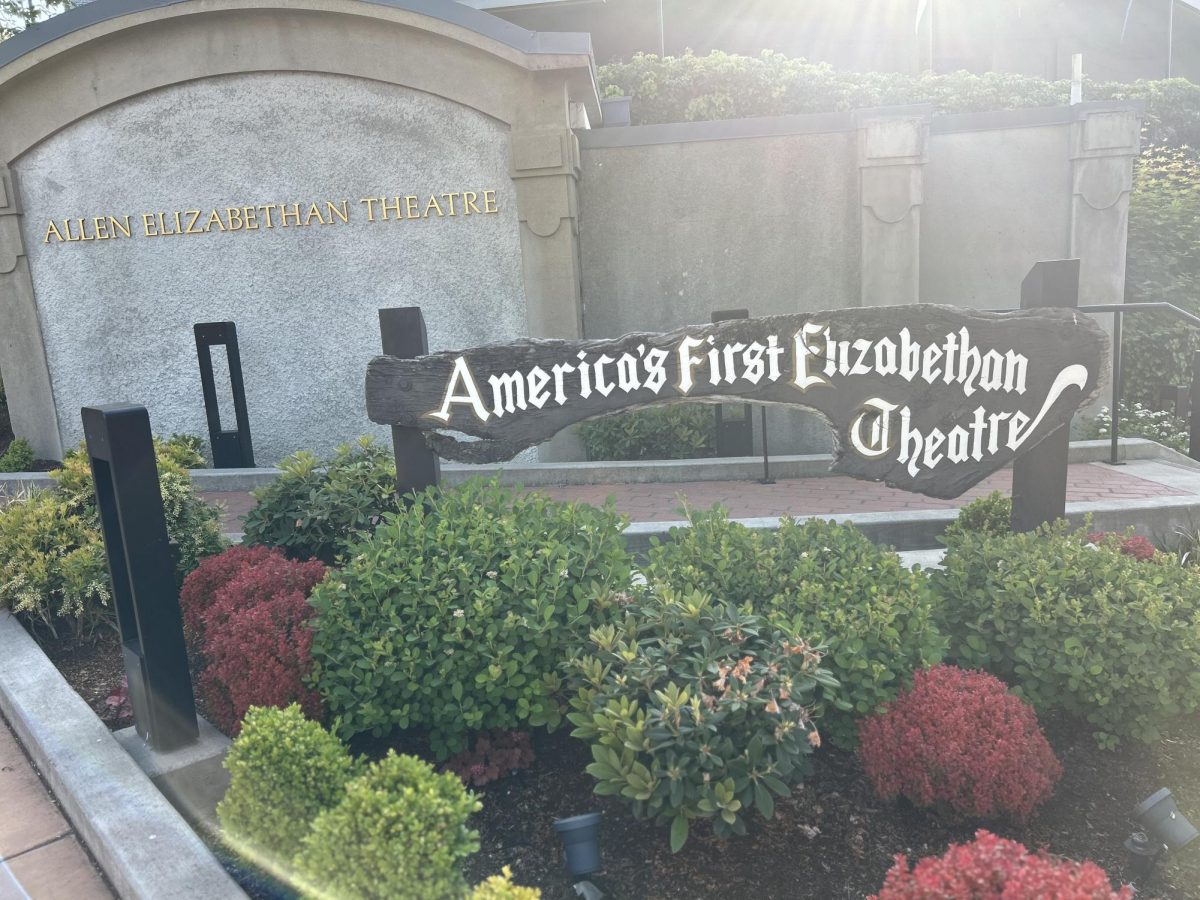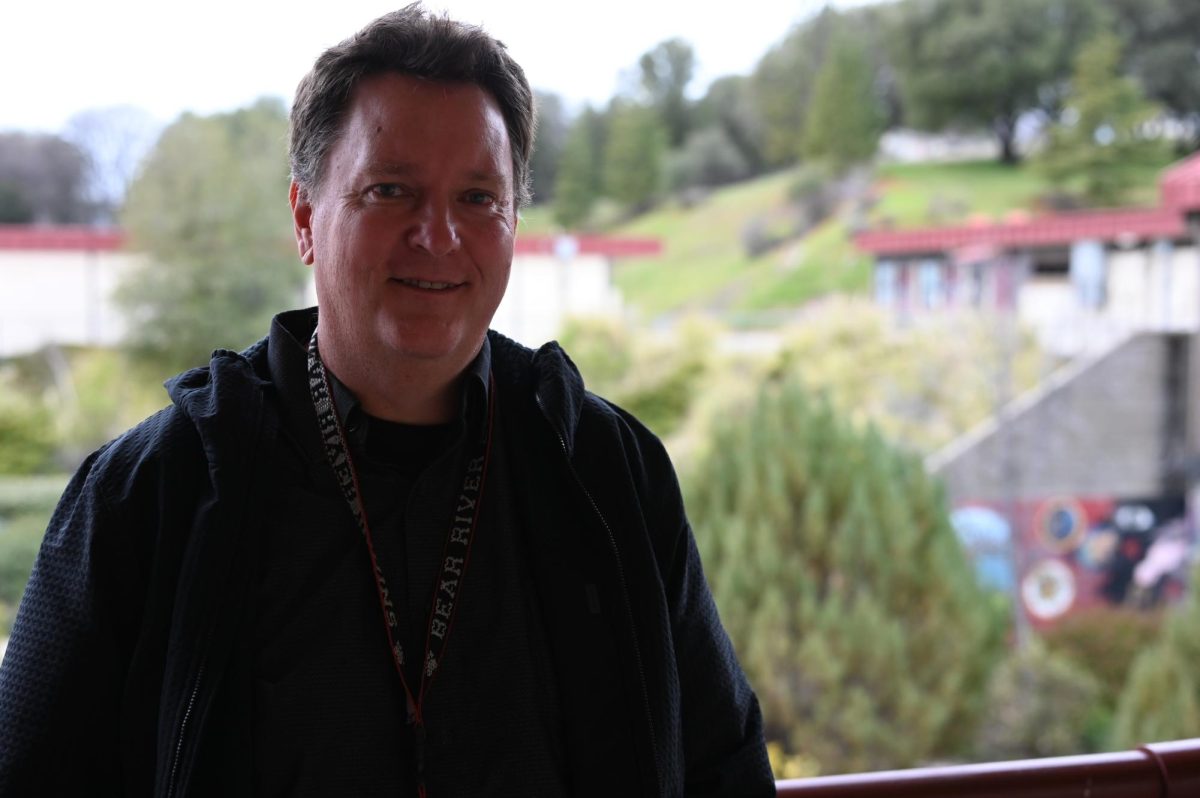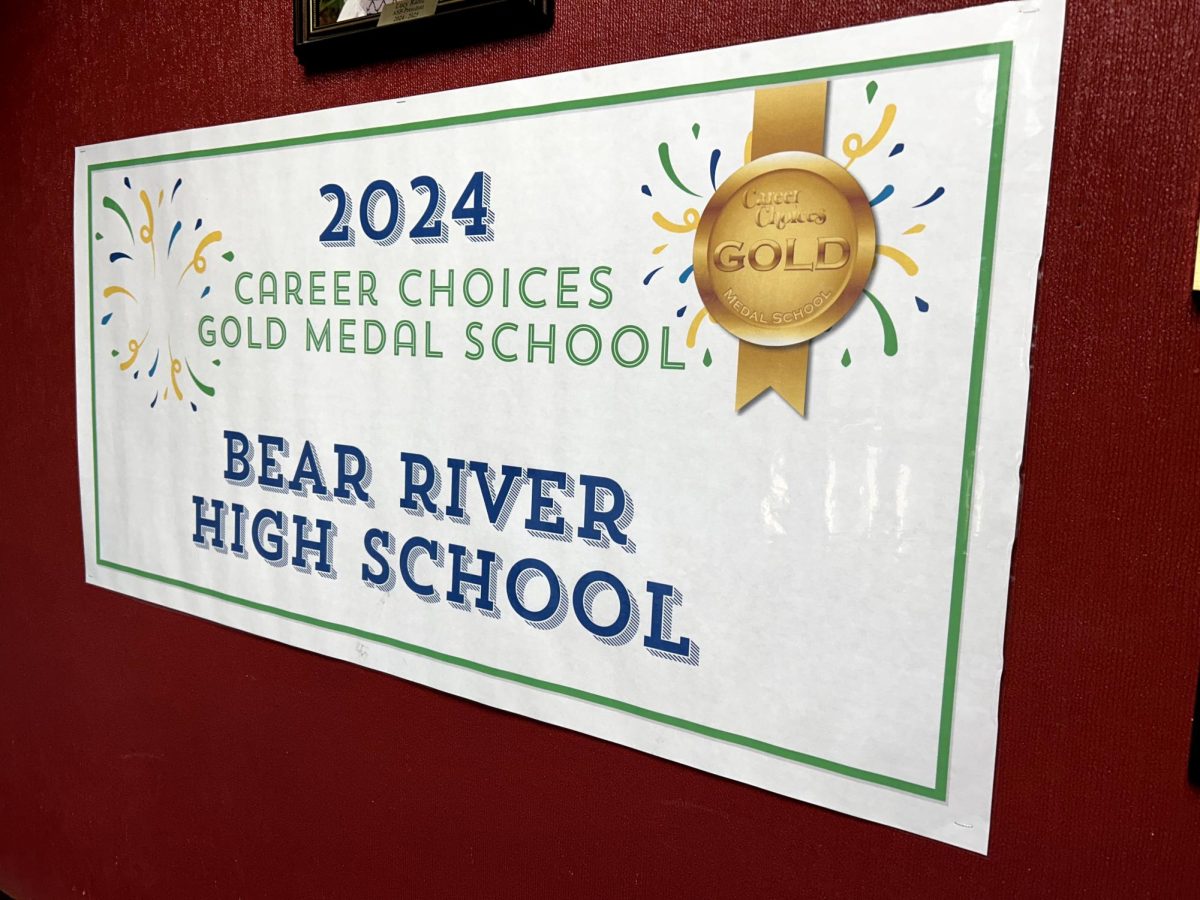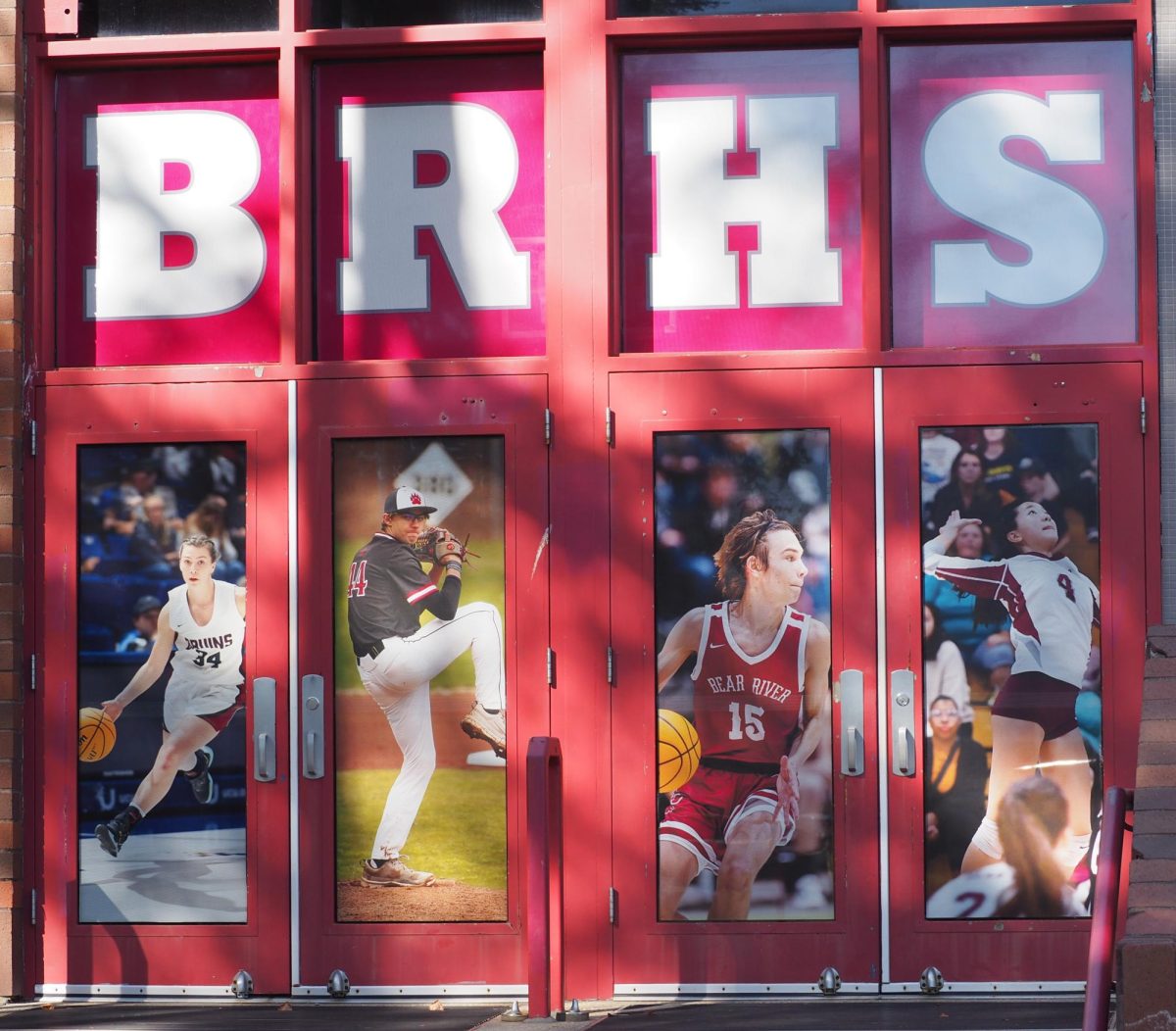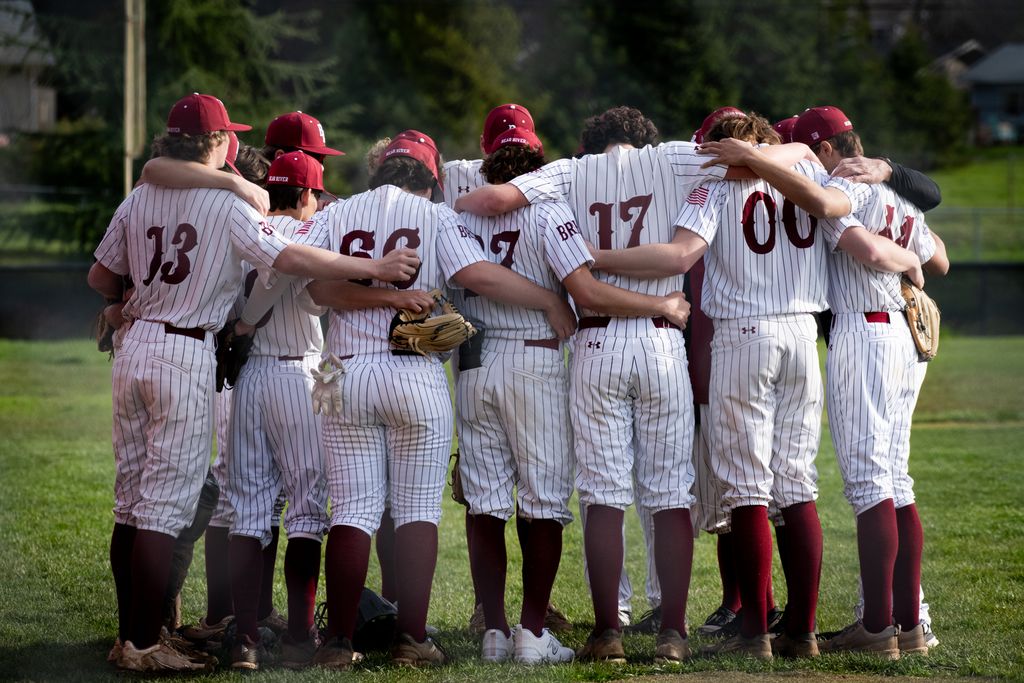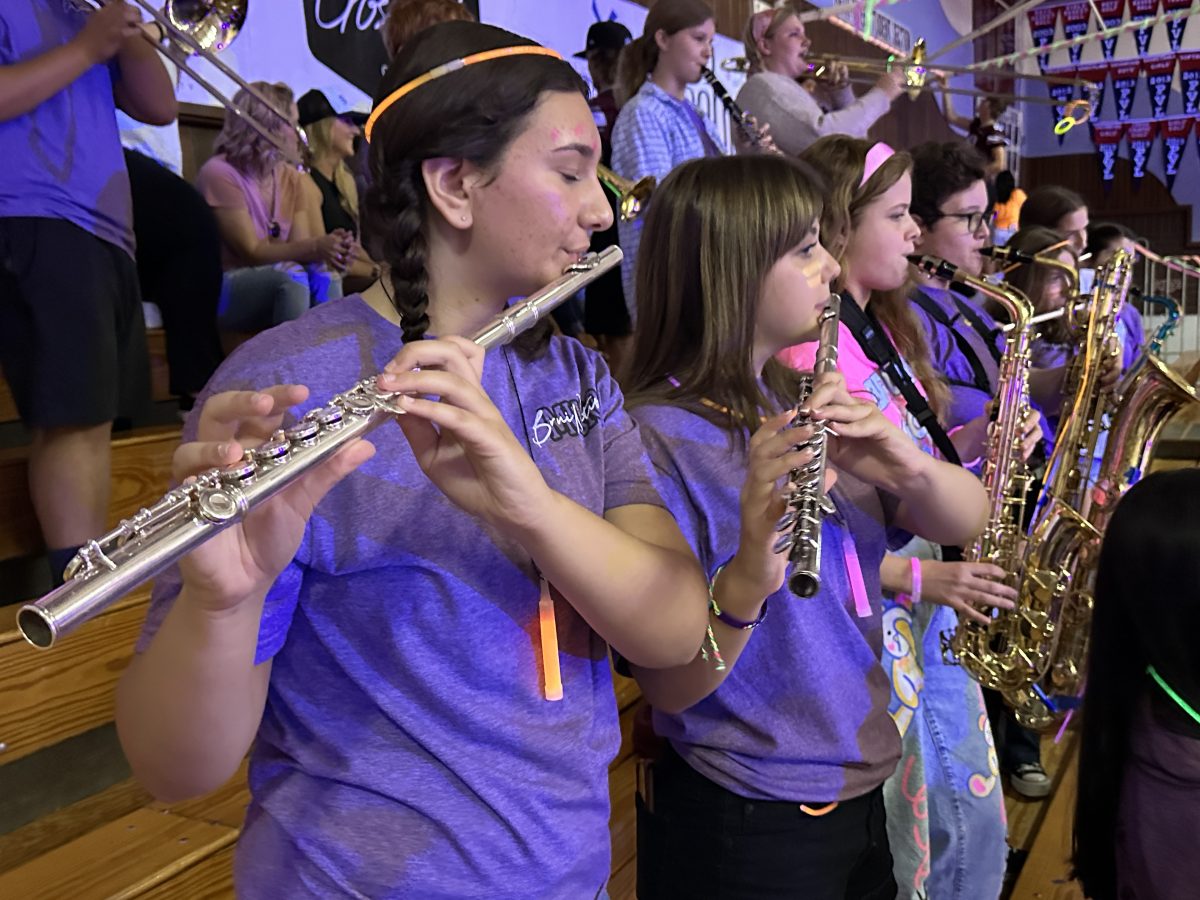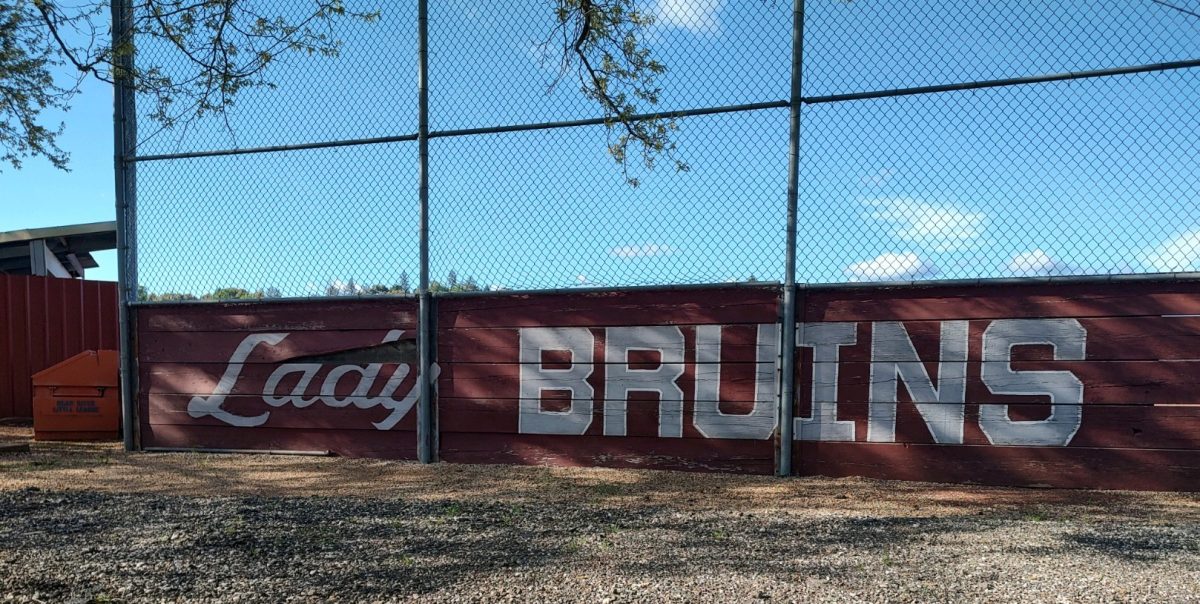“Music doesn’t lie. If there is something to be changed in this world, then it can only happen through music” – Jimi Hendrix.
Hendrix’s statement here rings more true than ever in the world we live in today, with much of the industry now being led by musicians and artists who each use their own unique palettes and skill sets to send a message to the world.
While on the surface it may seem as though music culture is thriving in our country, in all reality the drive for music education in public schools has declined drastically, posing a threat to the present and future standing of music education within the USA.
According to CVision, a joint effort between State Education Agency Directors of Arts Education and its longtime partner, Quadrant Research, studied actual student participation data reported by school districts to their state education departments data from the 2019 school year. “[This] new AEDP report reveals that, while 92 percent of students in U.S. public schools have access to music education in school, 3,609,698 of students do not have that same opportunity. In addition, 2,095,538 students do not have access to any arts education.”
These statistics portray the fact that millions of students have not been given the opportunity to take any sort of music education classes, which doesn’t even take into account the thousands of schools who have an underfunded or declining music program. In the current state of economic recession, public schools are losing a significant portion of their funding, which in turn, translates into less money to support elective music courses. These program cuts are far more common than most people would expect.
An article by Joseph Pergola from National Education Music Company (NAMC) encapsulates the broad capacity to which these funding cuts are affecting our education programs.
“According to The National Assessment of Educational Programs in the Arts, student exposure to the arts education in schools has steadily declined since 1997. It is not uncommon today to see the elimination of elementary instrumental programs, district-wide string orchestra programs, grade-level choruses, and theory classes. It is estimated that a majority of Fine Arts Departments in public schools have adopted funding and/or program cuts since 2010.”
Our very campus is being affected by this decline in music funding and interest, with less and less students at Magnolia taking music classes, the district board in the past has taken both cuts out of teachers’ salary and funding out of their music program, which has led to less students entering Bear River’s music program altogether.
While this crisis is evidently tough to conquer, there is an abundance of ways we as a community can tackle this issue. Currently, our administration has offered a new guitar course, which Ms. Petrie explains, “has been a great help to supporting the music program, but also a new outlet for students to look into as they explore their interests in differing levels of music classes.”
Aside from what we can do to support our music program here at Bear River, there are general ways we as a society can face this problem. By promoting music fundraisers, asking for sponsorships and donations, supporting larger music education programs, encouraging student participation and equality of opportunity, and even writing letters to legislators, people can promote the foundation of music education and help fight against this concerning decline in music education.
What is often overlooked is the impact music and the arts have on education, and yet the arts play a vital role in education altogether.
As stated by William Bennett, Former US Secretary of Information, “The arts are an essential element of education, just like reading, writing, and arithmetic… music, dance, painting, and theater are all keys that unlock profound human understanding and accomplishment.”
The Gradual Decline of Music Education
Daron Nelson, Staff
January 29, 2024
Categories:
Bear River band members, from left, Christina Leimer, Jericho Briggs, Olivia Herr and Tay Moore perform at a rally earlier this school year.
8
Donate to The Current
Your donation will support the student journalists of Bear River High School. Your contribution will allow us to purchase equipment and cover our annual website hosting costs.
More to Discover


